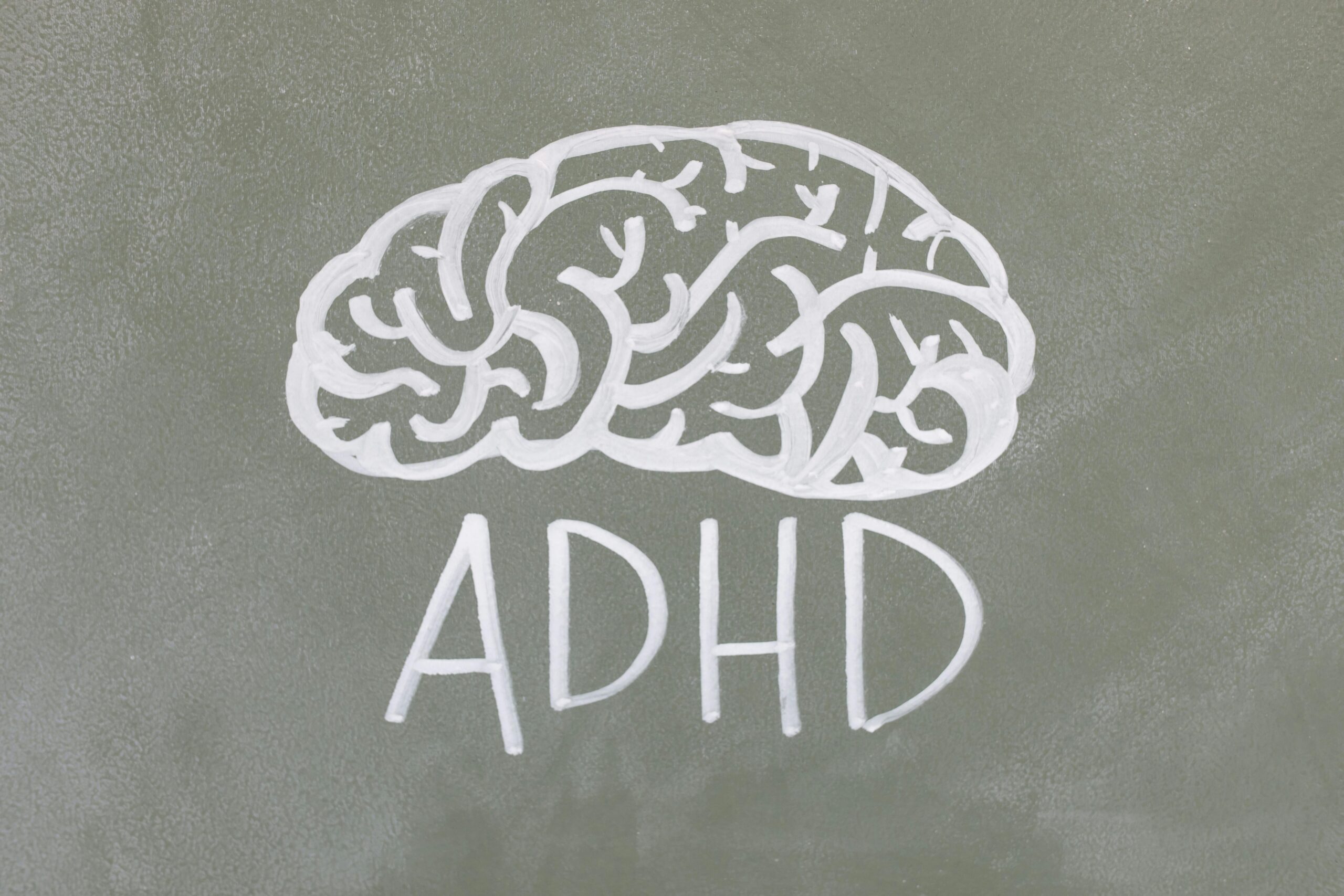Attention Deficit Hyperactivity Disorder (ADHD) is one of the most commonly diagnosed neurodevelopmental disorders, particularly in children. Over the years, the number of ADHD diagnoses has increased significantly, leading many to question whether the disorder is over diagnosed. Is this surge in diagnoses the result of greater awareness and improved screening methods, or are we mistakenly labeling natural variations in behavior as a medical condition?
The Case for Overdiagnosis
Critics argue that ADHD is often over diagnosed due to several factors, including:
- Broad and Subjective Diagnostic Criteria – ADHD symptoms such as inattentiveness, impulsivity, and hyperactivity exist on a spectrum. These behaviors are common in children, making it challenging to distinguish between typical development and a clinical disorder. Some worry that the criteria used for diagnosis are too broad, leading to misidentifications.
- Pressure from Schools and Parents – In some cases, teachers and parents may push for an ADHD diagnosis because a child’s behavior is disruptive or difficult to manage in traditional school settings. This can lead to children being diagnosed based on environmental and societal expectations rather than genuine neurological differences.
- Pharmaceutical Influence – The rise in ADHD diagnoses has coincided with an increase in the availability of medications such as stimulants. Some critics believe pharmaceutical companies have contributed to the overdiagnosis of ADHD by promoting awareness campaigns that encourage medication use.
- Misdiagnosis and Comorbid Conditions – ADHD shares symptoms with other conditions, such as anxiety, learning disabilities, and sleep disorders. Without thorough assessments, a child may be incorrectly diagnosed with ADHD when another underlying issue is the true cause of their struggles.
The Case Against Overdiagnosis
On the other hand, many experts argue that increased diagnoses reflect a better understanding of ADHD rather than overdiagnosis. Key points include:
- Improved Awareness and Access to Care – Decades ago, many individuals with ADHD went undiagnosed and struggled without support. Increased recognition of the disorder has allowed more children and adults to receive the help they need to thrive.
- Underdiagnosis in Certain Populations – While ADHD may be over diagnosed in some groups, studies show it is underdiagnosed in others, particularly in girls and minority communities. Girls often present with inattentive symptoms rather than hyperactivity, making them less likely to be identified. Similarly, children from low-income or minority backgrounds may have limited access to proper evaluations.
- Genetic and Neurological Basis – Research has confirmed that ADHD has a strong genetic and neurological component. Brain imaging studies show differences in the structure and function of the brains of people with ADHD, reinforcing that it is a legitimate medical condition rather than a social construct.
- Long-Term Consequences of Delayed Diagnosis – Untreated ADHD can lead to academic struggles, low self-esteem, and increased risk for substance abuse and mental health issues. Ensuring that individuals with ADHD receive proper diagnosis and support can prevent these long-term negative effects.
Finding a Balance
The debate over ADHD diagnosis is complex. The key lies in thorough, evidence-based assessments by qualified professionals to ensure that ADHD is neither over diagnosed nor overlooked.
Rather than focusing solely on the numbers, the conversation should center on how to provide the best support for those who truly need it while avoiding unnecessary labeling and medication.


